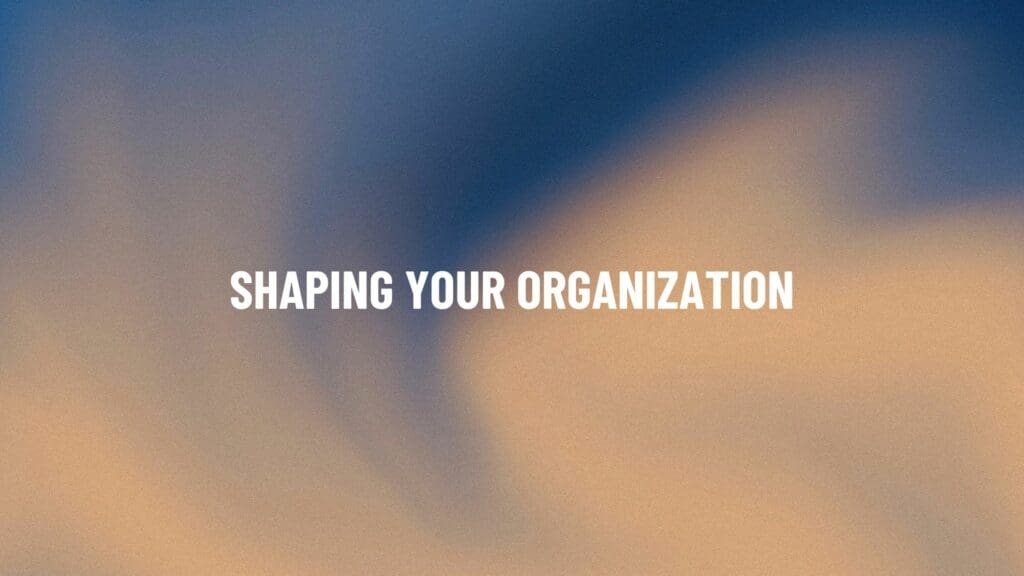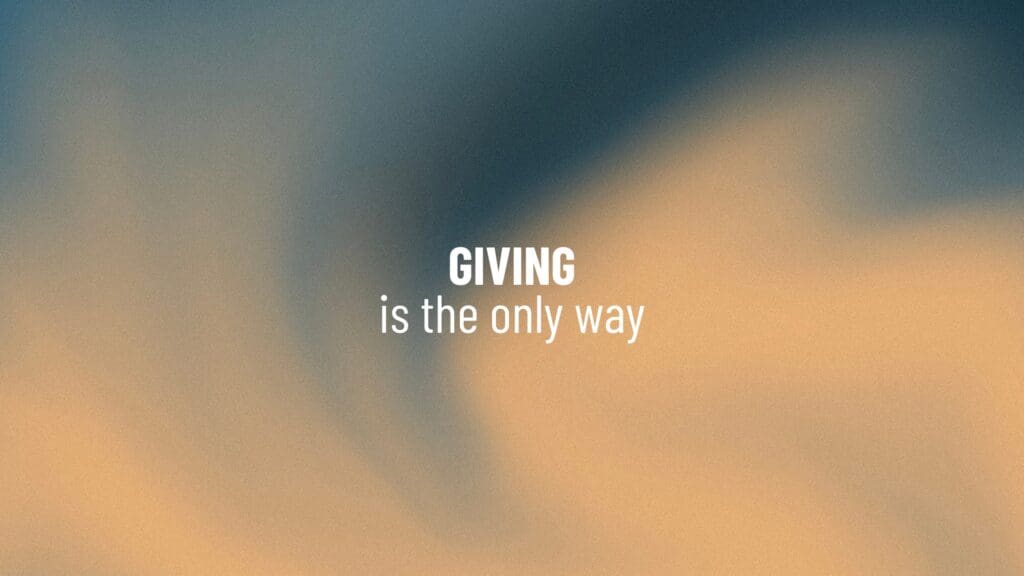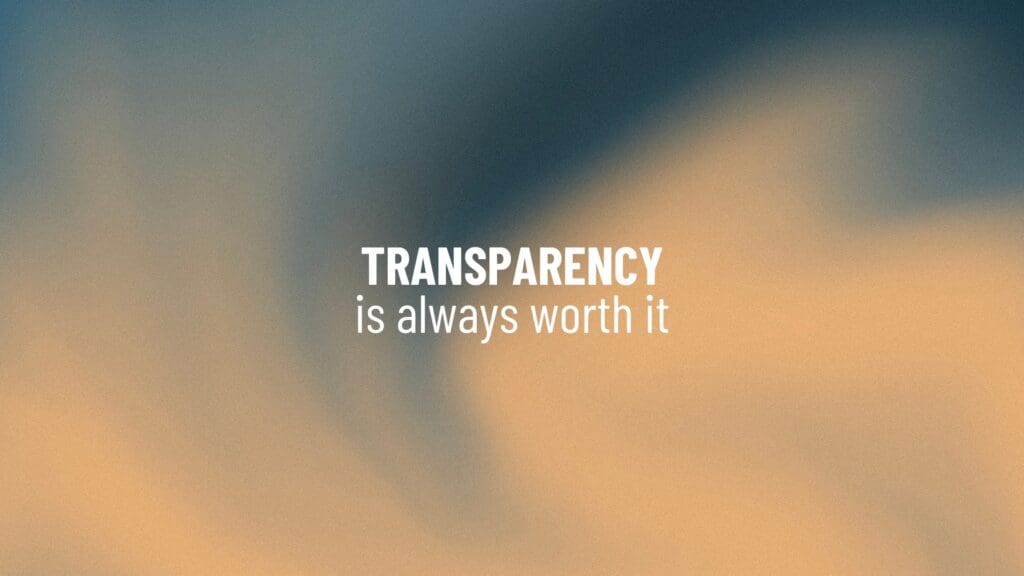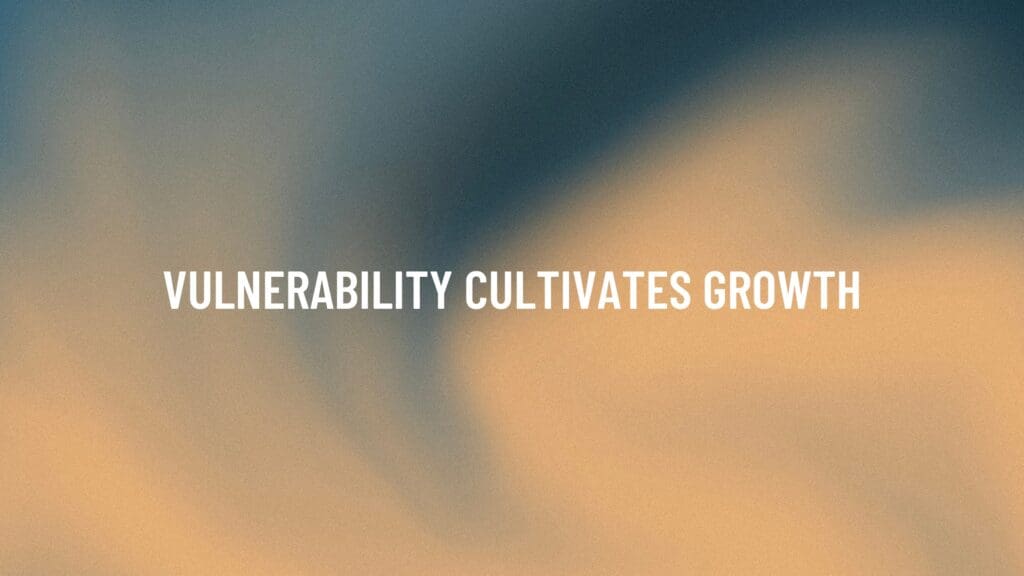
High road or low road. Where are you?
Marcus Aurelius wrote, “Waste no more time arguing what a good man should be. Be one.”
Many people familiar with Marcus Aurelius aren’t aware that his writings were private journals, only discovered after his death in 180 A.D.
His statement above takes on a new, deeper meaning seen through this lens. He was instructing himself, not others.
Many leaders and managers, like this Roman emperor, hold a great amount of influence. Every interaction they have has the power to inspire hope, change, and action or it has the power to demolish dreams.
As leaders, it is our responsibility and privilege to create healthy cultures built on the high road.
To clearly see that high road, we need to first understand the pitfalls of the low road. It looks like a power struggle, an inability to relinquish control, and a finger pointing anywhere but at yourself.
When was the last time you admitted you were wrong? Not just to yourself in a whisper behind a closed door, but in an attempt to reconcile with an employee or team member? Because that is what the high road looks like.
It looks like reminding that employee that messed up again of how far they’ve come when they make a mistake. It’s bringing coffee to your team so they know you see the extra hours they’ve given of their time to that project that was over-promised and underpriced. It looks like rolling up your sleeves sometimes and asking, “How can I support you?”
I can hear the thought rolling around in your head, “I don’t have time for that.”
You get there by empowering your team to be all that they can be, so that you can be all you need to be for them and your organization. The high road is never the easy way, but it is always the better way.
“That sounds great, but where do I start?” you may ask. It starts with an intentional first step. Take our friend, Marcus Aurelius’s advice – stop debating what you should do and just do it. Let’s connect and have a conversation about how we can motivate your team, improve your culture, and free you up to be the leader you are meant to be.
Are You The Wrong Bus?
Written by Randy Mayes Popularized by Jim Collins in his book Good to Great, the phrase “Get…
Why Is Trust So Important
Written by Randy Mayes | DRYVE Leadership Coach Why Trust Is So Important People do what they…
Shaping Your Organization
Written by Tyler Head | DRYVE Leadership Coach Shaping your Organization Three Questions that Will Shape Your…
Giving is the only way
Written by Brandon Welch | Frank & Maven “How to keep employees” It’s a phrase that was…
Transparency is worth it.
Written by Richard Ollis | Ollis, Akers & Arney Transparency is an interesting aspect of business that…
Vulnerability Cultivates Growth
Vulnerability requires practice. Endurance Training is much less about repetition (doing it exactly the same) and much…
What did you expect?
One of the popular sayings I heard early in my management career was “people don’t do what…
Do you celebrate?
Imagine how your culture would shift if you put as much energy into celebrating your team’s achievements…
If you fail to plan, you are planning to fail.
“…we used to experience disruptions followed by periods of stability, change now is increasingly perpetual, pervasive, and…










